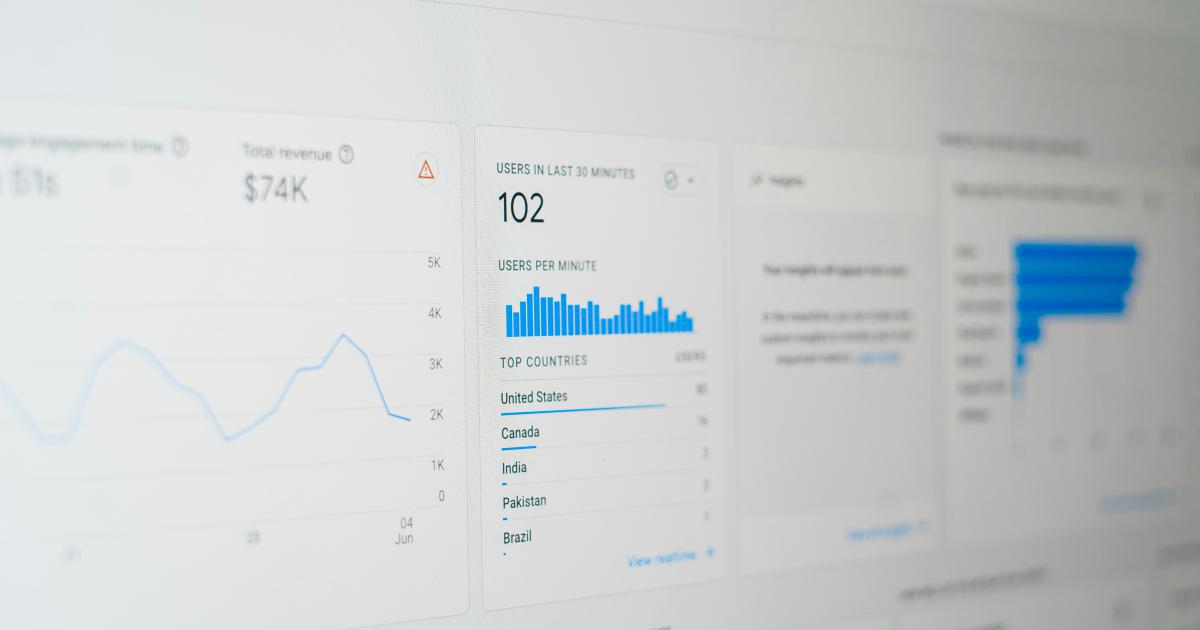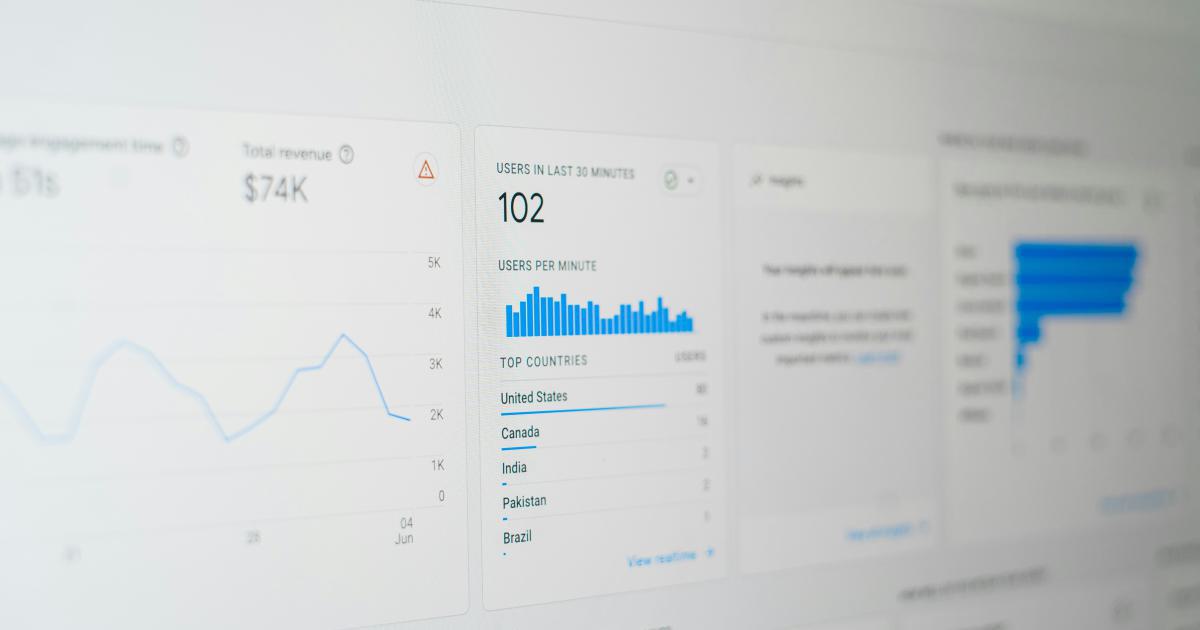How to Effortlessly Optimize Content for Search Engines


The Importance of Optimizing Content for Search Engines
In today's digital landscape, where the online world is constantly evolving, the need to optimize content for search engines has become increasingly crucial. Whether you're a business owner, a content creator, or a marketing professional, understanding the art of search engine optimization (SEO) can mean the difference between your content being discovered or buried in the vast expanse of the internet.

The primary goal of SEO is to enhance the visibility and discoverability of your content, ensuring that it ranks higher in search engine results. By optimizing your content, you can attract a wider audience, generate more leads, and ultimately drive increased traffic to your website or platform.
In this comprehensive article, we'll explore the essential strategies and techniques you can employ to effortlessly optimize your content for search engines, enabling you to achieve your desired goals and elevate your online presence.
Understanding the Search Engine Landscape
Before delving into the specifics of content optimization, it's crucial to have a firm grasp of how search engines operate. Search engines, such as Google, Bing, and Yahoo, use complex algorithms to crawl, index, and rank websites based on a variety of factors.

These factors include the relevance and quality of the content, the user experience, the website's technical performance, and the overall authority and trustworthiness of the domain. By understanding these key elements, you can strategically align your content optimization efforts to improve your search engine rankings and visibility.
The Importance of Keywords
One of the cornerstones of effective content optimization is the strategic use of keywords. Keywords are the terms and phrases that users search for when seeking information, products, or services online. By incorporating relevant keywords into your content, you can signal to search engines that your content is highly relevant and valuable to the user's query.

To get started with keyword research, begin by identifying the core topics and themes of your content. Utilize tools like Google Keyword Planner, Ahrefs, or SEMrush to uncover the most searched-for keywords and phrases related to your industry or niche. Once you have a solid understanding of the keywords your target audience is using, you can seamlessly integrate them into your content, ensuring that it aligns with their search intent.
Understanding User Intent
Alongside keyword research, it's essential to consider the user's intent behind their search query. People may search for information, products, or services for a variety of reasons, and understanding these motivations can help you create content that better addresses their needs.

For example, a user searching for "how to bake a cake" is likely looking for a step-by-step tutorial, while someone searching for "best cake recipes" may be seeking inspirational content or recipe ideas. By tailoring your content to match the user's intent, you can improve the relevance and usefulness of your information, ultimately enhancing your search engine rankings.
Crafting Optimized Content
Now that you have a solid understanding of the search engine landscape and the importance of keywords and user intent, it's time to dive into the process of crafting optimized content.
Conducting Thorough Keyword Research
Effective keyword research is the foundation of content optimization. Begin by brainstorming a list of relevant topics and themes that align with your business or brand. Use keyword research tools to uncover the most popular and relevant keywords within your industry, paying attention to search volume, competition, and relevance.

Once you have a comprehensive list of keywords, prioritize them based on their potential to drive high-quality traffic to your content. This may involve focusing on long-tail keywords (more specific, multi-word phrases) that have lower competition but still attract a significant number of searches.
Optimizing Page Titles and Meta Descriptions
The page title and meta description are crucial elements that influence how your content appears in search engine results. The page title, which is the headline that appears in the search results, should be compelling and include your primary keyword. Limit the title to 60 characters or less to ensure it's fully displayed.

The meta description, which is the short summary that appears under the page title, should be engaging and informative, providing a compelling reason for users to click through to your content. Aim for a meta description that is approximately 120 characters or less, and be sure to incorporate your target keyword naturally within the text.
Crafting Optimized Content Structure
The structure of your content plays a significant role in its overall optimization. Begin by organizing your content into clear, logical sections using descriptive subheadings (H2 and H3 tags). This not only improves the readability and user experience but also helps search engines better understand the hierarchy and relevance of your content.

Within the body of your content, be sure to incorporate your target keywords and variations of them throughout the text. This helps reinforce the relevance of your content to the search engine's algorithms. However, avoid keyword stuffing, as this can negatively impact the user experience and potentially harm your search engine rankings.
Optimizing Images and Media
Visual content, such as images and videos, can significantly enhance the user experience and improve the overall effectiveness of your content. When optimizing images, be sure to include descriptive alt text that accurately describes the image and incorporates relevant keywords.

Additionally, ensure that your image file names and file sizes are optimized for faster load times, as this is a key factor in search engine rankings and user experience. For video content, provide detailed descriptions, transcripts, and relevant metadata to help search engines understand the context and content of your videos.
Incorporating Internal and External Links
Linking plays a crucial role in content optimization. Internal links, which connect your content to other relevant pages on your website, help search engines understand the structure and hierarchy of your site, as well as the relationships between your pages.

External links, which direct users to authoritative, high-quality sources outside of your website, can also benefit your content's optimization. These links demonstrate to search engines that your content is well-researched and provides value to the user, ultimately improving your search engine rankings.
Optimizing for Mobile Responsiveness
In the era of ubiquitous mobile usage, ensuring that your content is mobile-friendly is essential. Search engines, such as Google, prioritize mobile-responsive websites and content in their rankings, as they strive to provide the best possible user experience across all devices.

Optimize your content by ensuring that it is easily readable and navigable on smaller screens, with clear call-to-actions and seamless transitions between different page elements. Additionally, consider the user experience factors, such as fast load times and intuitive navigation, to further enhance your content's mobile optimization.
Measuring and Analyzing Content Performance
Optimizing your content is an ongoing process, and it's crucial to continuously monitor and analyze its performance to make informed decisions and improvements.
Utilizing Analytics and Reporting Tools
Leverage powerful analytics and reporting tools, such as Google Analytics, to track key metrics that provide insights into your content's performance. Monitor metrics like page views, unique visitors, bounce rate, and average time on page to understand how users are engaging with your content.

Additionally, track the search engine rankings and visibility of your optimized content using tools like Google Search Console, Ahrefs, or SEMrush. These platforms can provide valuable data on the keywords your content is ranking for, as well as identify any technical or on-page SEO issues that may be hindering your performance.
Continuously Refine and Optimize
Based on the insights gathered from your analytics and reporting, continually refine and optimize your content to improve its performance. This may involve adjusting your keyword strategy, enhancing the user experience, or updating the content to align with evolving search trends and user preferences.

Remember, search engine optimization is an ongoing process, and the landscape is constantly evolving. Stay vigilant, keep up with the latest best practices, and be willing to experiment and adapt your content optimization strategies to achieve the best possible results.
Conclusion: Unlocking the Power of Optimized Content
By leveraging the strategies and techniques outlined in this comprehensive guide, you can effortlessly optimize your content for search engines and unlock the full potential of your online presence.

Remember, the key to effective content optimization lies in understanding the search engine landscape, conducting thorough keyword research, crafting well-structured and engaging content, and continuously measuring and refining your efforts. Embrace the journey of content optimization, and watch as your content rises to the top of search engine results, capturing the attention of your target audience and driving meaningful results for your business or brand.
Are You Crushing It in Internet Marketing?
Struggling to boost your online visibility and traffic? Semrush is the ultimate platform for digital marketers like you. With powerful SEO tools and competitive data insights, you can optimize your website, content, and campaigns for maximum impact.
Join over 7 million marketers already using Semrush to outrank their competitors, drive more qualified leads, and grow their businesses online. Get started today with a 7-day free trial, and unlock the full potential of your internet marketing strategy.
Unlock the Power of SEO with Semrush
Are you struggling to boost your online visibility and drive more traffic to your website? Semrush has the solution.
Our comprehensive platform offers advanced keyword research, competitor analysis, and SEO audits, empowering you to optimize your content and outrank your competition.